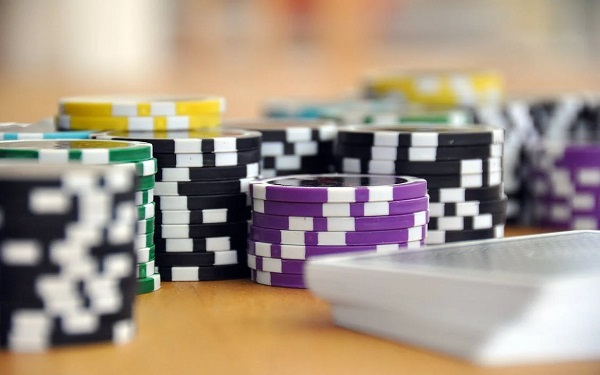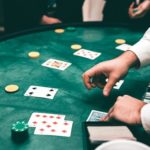When you think about gambling, it’s difficult not to remember the Las Vegas Strip’s glittering lights and constant pace. People are gathered at the roulette and blackjack tables looking to make it big 24 hours a days, seven days a semaine. Gambling has been a hot topic for many years. But gambling in America has a long history. It dates back to before Las Vegas was invented.
traced back to gambling
The earliest days of settlement in the 17th century can be traced back to gambling. Because each settlement was established by different British colonies, attitudes about gambling vary. Gambling, including private tables and dice, was outlawed by the Puritans. Gambling was considered a profession and there was much hostility. Gambling was seen by the English as a harmless and pleasant distraction from daily life. It was also a popular pastime. People eventually began to attribute the problems in the colonies to gambling, and the acceptance of gambling declined.
Gambling was still a popular pastime in the United States, but it had taken on new forms after the turn of the 19th century. The most popular way for states to increase revenue was through lotteries. Lottery profits were used for public works such as building schools and churches. Horse racing was another form of gambling that emerged in the 19th Century. Although it was not as well-organized as horse racing today, this is the first time that gambling has taken on new forms.
Gambling grew as the United States
Gambling grew as the United States settlers moved west. Gambling took on a more structured form with the establishment of casinos. These establishments were not meant to generate revenue for the community, but to make money off those who had made the long journey west. In the 1800s, there was a lot of moral criticism about gambling. Social reforms led to the ban of all forms of gambling in the country, including those that took advantage of people and were committed by lottery and permanent gambling institutions.
People were eager to spend the new wealth they had accumulated during the California gold rush in the middle 1800s. Gambling became a popular pastime. Gambling spread like wildfire throughout the state, and both the private and public sectors relied on the income. The popular opposition to gambling eventually spread west to California, where laws were put in place to restrict gambling. Although most forms of gambling were legalized by the end of 19th century, it did not stop people from engaging in them. It just drove authorities away.
Gambling was also less popular
The 20th century saw the first decline in gambling. Gambling was also less popular after the Great Depression. Gambling was no longer considered a crime, but a means to stimulate the economy. This period saw an explosion in popularity of forms like horse racing and bingo. In Nevada, gambling was established as an industry in 1930 by organized crime professionals. It is difficult to draw a line between the criminal and legal political worlds when it comes gambling. Most forms of gambling, other than those regulated by government lotteries, are illegal in most states. While there will be a shift in the way gambling is seen in this country, and there won’t likely be any agreement on its moral implications, it is certain that gambling will continue evolving.











